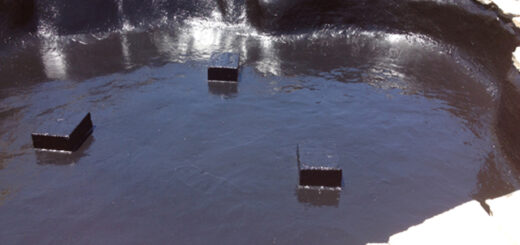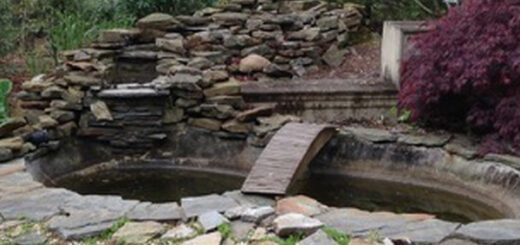Regular Fish Pond Maintenance Tips
Fish pond maintenance is not something you can neglect. Without proper cleaning, testing and treatments, the fish will not survive long in this man-made aquatic environment. It’s like having on outdoor aquarium without having the protection of your home around it.
Still, the ponds create beautiful, enjoyable and relaxing environments for homeowners and their guests. The maintenance required is not that time-consuming, as long as you are consistent. There are certain things you need to do frequently and others that can be done on a seasonal basis. Here, we look at what you need to do most often.
Clean the Filters
How often you need to clean the filters depends on several factors including the number of fish you have, the size of the pond, the quality of your pumps and the environment. If you have lots of fish, they will create more waste and you’ll need to clean your filters more often.
The filters for larger ponds may need to be cleaned more often, especially if the pumps are inadequate for the size of the pond. The filters can only keep the water clean if you have the right size of pump for your pond and if debris doesn’t clog them up.
In rainy, dirty environments, the filters will need to be cleaned more often. Most are easy enough to clean. You simply unplug the pumps, remove the lid that covers the filter and spray it off with a water hose.
Test the pH Level
Cleaning is a good time for testing the pH level, but you should also test after rainstorms and any time that you add more water to the pond. The pH level should be maintained between 6.8 and 7.8. Mineral based solutions can be added to the water to reduce an acidic pH, which is a more common problem than an alkaline pH level. Keep pH treatments handy so that you can respond quickly to any drastic change in the level. Otherwise, you could lose some or all of your fish.
Remove Debris
You should remove leaves, twigs and other floating debris whenever you see them. A pond or pool skimmer makes the job an easy one. You will find more debris in the fall, when the weather is windy and after storms.
Don’t Forget to De-chlorinate
If your home is serviced by a public treatment facility, you likely have chlorine in your water. While it might prevent algae growth, chlorine is a fish killer. An additional carbon filter can be used to remove chlorine. UV filters can also be attached to inhibit algae growth.
Those are the main steps that you need to take on a regular basis to ensure that your pond and your fish stay healthy.






